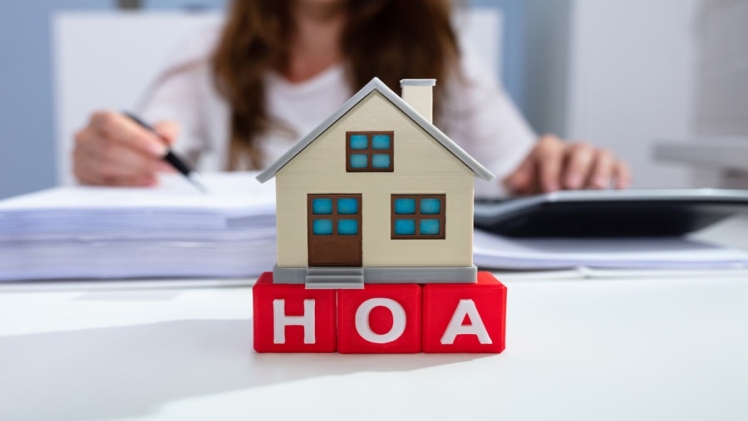Applying for and paying off an HOA loan can be somewhat daunting, and this process is not to be taken lightly. Neglecting your monthly payments can have disastrous effects for your homeowners and the community as a whole. However, getting a loan is sometimes the only way to conduct necessary repairs or projects. Below are some things to consider before taking out a loan for your HOA.
The Pros
Although taking out loans is rarely the first choice for many organizations, doing so allows you to embark on projects or contract repairs that your community needs to continue achieving its goals.
Loans Can Help You Fund Long- or Short-Term Projects
There are a few different types of HOA loans that you can take out, depending on what kind of project you’re looking to fund. Some are paid back quicker than others while others will have smaller loan payments each month. Here are the main kinds of loans you can expect to see when applying:
- Line of credit—This is the most flexible kind of HOA loan. Creditors or banks will only charge you interest on the funds you borrow, and the interest rate is variable, which means that your monthly payments aren’t the same each month. You can have a line of credit for anywhere from one to five years, so this type of loan is best for HOAs who need money to pay for short-term projects.
- Standard term loan – If your HOA is planning to buy land or start a large-scale renovation or repair, a standard term loan may be the one for you. Your organization will receive the entire loan amount right away, and then you pay back that amount over the loan term. Usually, the terms range from five to fifteen years, and the interest rate is fixed, so you can expect to pay the same monthly payment each time.
- Line of credit with conversion—This loan consists of two phases. The first phase is a line of credit in which the HOA only pays interest on the funds they borrow, but then once the second phase begins upon project completion, the HOA will have to repay the principal and interest until the end of the term as you would with a standard term loan.
- Short-term HOA loan – Finally, a short-term HOA loan is simply a standard term loan, just with a shorter-term period. Your HOA will have to pay higher monthly payments, but you will be out of debt much quicker and there is less interest to pay. Terms for this kind of loan are anywhere from three to 10 years.
You Do Not Have to Provide Collateral
Usually, HOAs do not have to provide collateral when borrowing from reputable lenders. After applying for the loan, you can expect to answer a group of questions to assess your organization’s credit risk, and then you will wait around six months for the loan amount to reach your account.
Although banks don’t require any kind of security when taking out a loan, you must be sure that your governing documents allow your HOA to take out a loan, and that you have a solid and realistic plan to pay back the loan amount. Both HOA loan rates and HOA loan requirements should be considered when creating this plan. Homeowners should be notified of this plan and have an opportunity to bring up any questions or concerns in a board meeting.
The Cons
Your HOA should only ever apply for a loan if they are sure they can repay it. When organizations cannot repay the funds they borrowed, it can have ramifications for the neighborhood.
Taking Out a Loan Can Negatively Impact Homeowners
If your HOA is in debt, homeowners could potentially be unqualified for certain financing or mortgage options, so it makes it harder for them to sell their property. This could hurt the value of other properties in your neighborhood.
Also, in order to account for new loan payments, your HOA fees will most likely have to be increased. Since homeowners feel the direct effect of taking out a loan, it’s important that they feel they have an understanding of what the new funds are going towards, and how the HOA plans to pay back their debt in a timely and organized manner.
Conclusion
As long as your HOA has a realistic plan to pay back its debt and allows homeowners the opportunity to voice any concerns, taking out a loan does not have to be a bad thing. Sometimes external financing is the only way to get a community back on its feet or to start projects that homeowners need.

